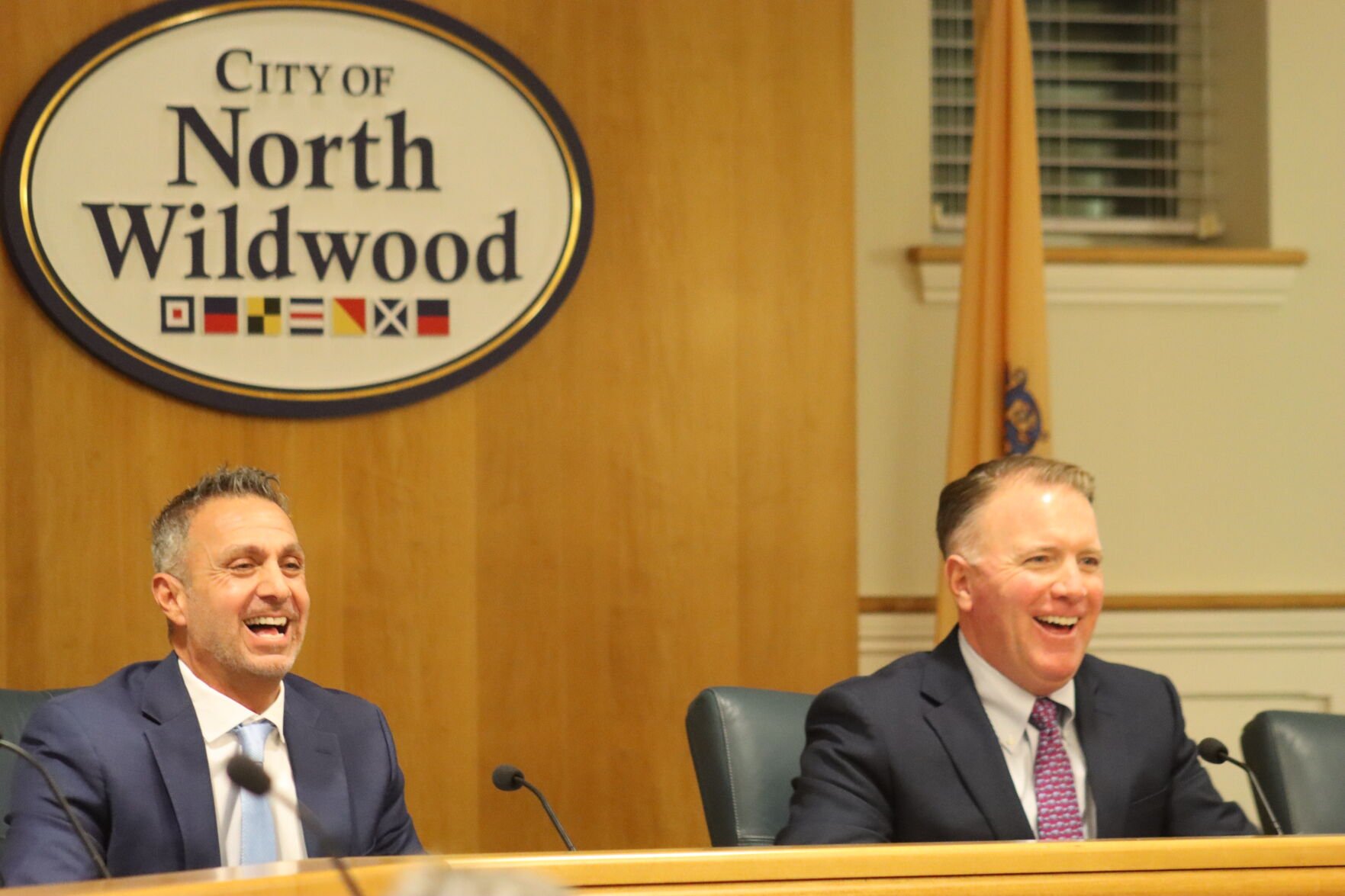Local news once held communities together, providing firsthand reporting on neighborhood stories. As papers vanish and online platforms grow, the erosion of local journalism generates a widening trust gap, causing towns and families alike to feel the impact.
How the Collapse of Local Journalism Led to the Erosion of Community Trust

Key Takeaways:
- Local newspapers play a vital role in fostering community cohesion
- The decline of these outlets contributes to mistrust and fragmentation
- Social media and political polarization intensify the effects of diminishing local reporting
- Beth Macy provides a personal perspective on how communities fracture without hometown news
- The loss is cultural and collective, reshaping how towns identify and communicate
The Family Anecdote
My family had once been proud of me. In March 2011, my sister Terry went so far as to tuck Post-it notes into every copy of O, the Oprah Magazine at her grocery store. Scribbled on each note was an exuberant claim: someone in her family was featured in a national publication. This seemingly small gesture underscored a simpler time—when hometowns and families rallied around a single thread of good news.
Why Local Journalism Matters
Local news has always been more than headlines: it forms a record of everything from high school sports victories to city council decisions. When community-based publications collapse, neighbors no longer see their daily experiences reflected in the press. This gap can distance people from one another, as issues once covered thoroughly become overlooked or misrepresented.
Political Polarization and the Internet
The internet exploded with new platforms for expression, while traditional papers struggled. Readers turned online for national and global content, and local stories often fell by the wayside. Compounding these trends is political polarization—without newspapers that seek to represent all viewpoints, communities can lose their sense of shared reality. Many blame social media for amplifying divisions and making it easier for rumors to overshadow reliable news.
A Personal Connection
Beth Macy, who penned “paper girl: a memoir of home and family in a fractured america,” offers a personal viewpoint on the relationship between community ties and disappearing local newspapers. Her anecdote about her family’s pride resonates because it signals that when hometown stories are widely accessible, both personal achievements and collective issues find a place in the public conversation.
A Changing Media Landscape
The ongoing decline of local news outlets leaves a void in how communities communicate and engage. By emphasizing personal recollections alongside broader social problems, Macy’s story reveals not just the difficulty newspapers face but also the potential isolation of community members. In many ways, the legacy of local journalism is at a crossroads—caught between the cost-efficiency of online media and the now-glaring gaps in truly local coverage.
Reflections on the Future
As local newspapers continue to shutter, the concern reaches beyond nostalgia. It is about preserving spaces for truthful, substantive dialogues on shared issues. Without local reporting expertise, communal trust erodes, civic engagement slips, and society becomes even more polarized. The question remains: how can communities maintain their voice when the newspapers that once captured their daily realities quietly disappear?











